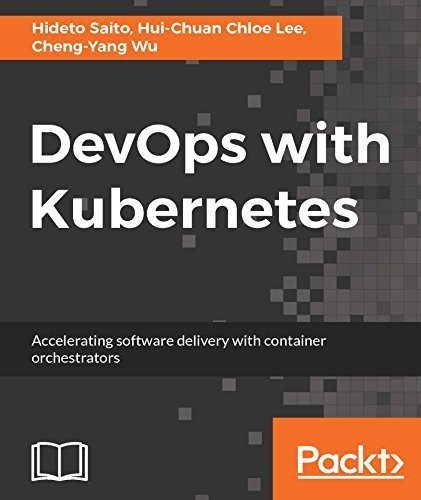What do you think?
Rate this book


726 pages, Kindle Edition
Published October 16, 2017
Even though, change to configure resource limit only, but if container A has CPU limit only, then container B has memory limit only, then result will also be Burstable again because Kubernetes knows only either limit